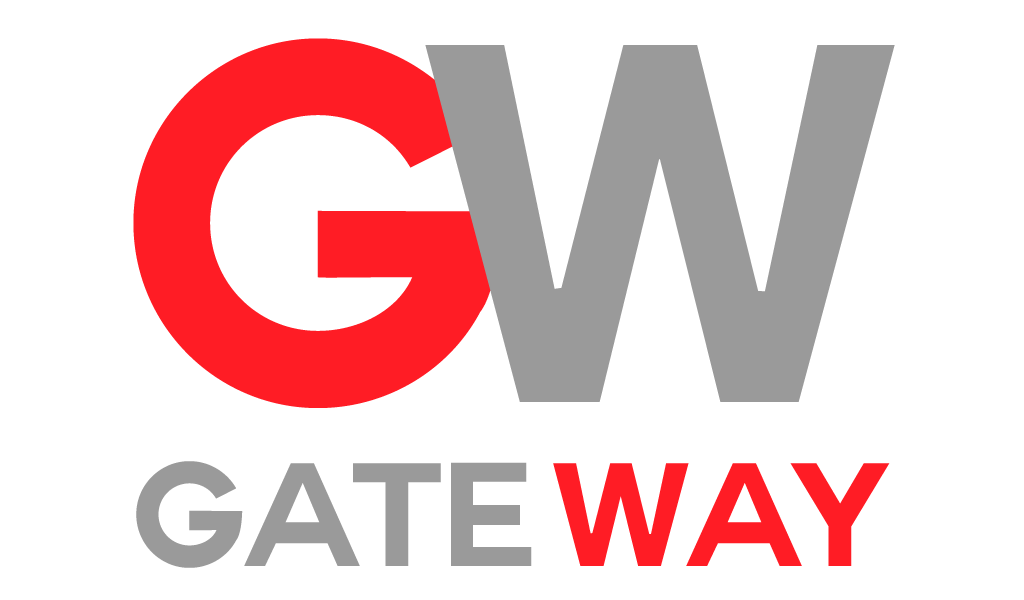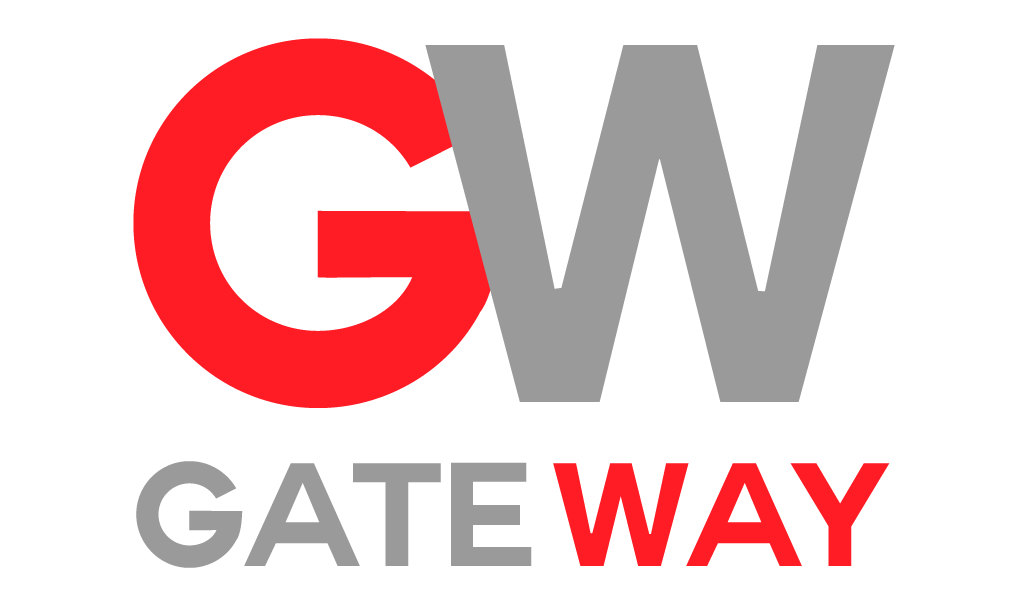Here at Gateway we’ve been recruiting and selecting using behavioral surveys to help select candidates for almost 2 years but an article that I read about 12 months ago really turned me on to finding a product that would also measure cognitive ability.
Enter stage left Predictive Index who offer a suite of selection tools that now allow us to do behavioral surveys and cognitive testing.
Cognitive testing has been shown most notably by Frank Schmidt but also by countless other researchers to be the second most reliable predictor of success in a role.
The trouble is, the most reliable predictor is on the job performance and that of course is a bit of a challenge when you’re interviewing to fill the job.
It’s important to note that mental ability is not IQ, it is essentially a measure of a person’s ability to learn, how they learn and what type of information they learn more adeptly.
Interestingly, Schmidt’s research also showed a strong correlation between high mental ability and low absenteeism, integrity, ambition, not just with recruiting high performers.
Predictive Index’s cognitive test is typically of more benefit when recruiting for high or medium complexity jobs and while behavioral testing isn’t a great predictor of on the job success in its own right, it is an ideal complement to cognitive testing.
But let’s put this in perspective.
There’s a slew of debate right now on the $1.5 trillion student debt. But if you’re a parent with a kid who’s got that debt (or if you have it) I am now going to make you cry.
That degree can predict on the job success about 1% of the time. Might be time to get 62 post grads to up junior’s chances.
So quite literally, if you take 100 graduates applying for 100 different jobs and the employer ONLY looks at their degree (maybe even transcripts) and uses that to decide whether or not to hire them, statistically, they will get it right once.
So here are a few other predictors and where they rank, all based on Schmidt’s exhaustive research.
General mental ability 42%
Behavioral surveys 16%
Phone interviews 9%
Unstructured interviews 13%
Structured interviews 18%
All of this means that a phone interview is going to get it right about one time in 10, a structured interview, one time in 5 and even a test of cognitive ability or general mental ability only 2 times in 5.
But wait, what about job experience itself?
Sorry, about to burst another bubble here. Once a candidate gets beyond 5 years experience, job experience is a poor predictor of on the job success too.
I’m thinking that if you’re reading this post, you have a kid with a university degree and he or she has 6 years of experience in anything I’ve just lost my audience.
This gets better, a recent survey by Mark Murphy and reported by the AMA (https://www.amanet.org/articles/hiring-for-attitude/) said that the chances of an employee being with the company in 18 months is 46%.
Don’t get me wrong. A resume isn’t bad, a phone screen isn’t bad. Reference checks aren’t bad. But my grandad was doing them. That was pre Windows 1.0 in 1985.
And of course none of these measures offer alot of certainty but if you layer them on together, the picture gets prettier.
Let’s say that we stick with the phone screen and an unstructured interview, together they offer an ability to predict future on the job success 22% of the time. Everybody does that so that’s not too bad.
But let’s add in a test of cognitive skills (42%), a structured interview (18%) and a behavioral survey (16%) so that’s a 104% chance of predicting success!
Sorry, can’t do that, you only get to add in the highest performing level of interview. Even so the math is 18+42+16 for a behavioral survey, cognitive skills test and a structured interview. There is so much certainty in predicting a person’s ability to be successful in the job compared to some more traditional methods.
Obviously, the numbers fall apart a bit by the time you get to the higher levels but the sentiment remains the same. These additional screening tools flat out work.
Wouldn’t it be great if you could be 100% certain?
You can. Drop me a note.

